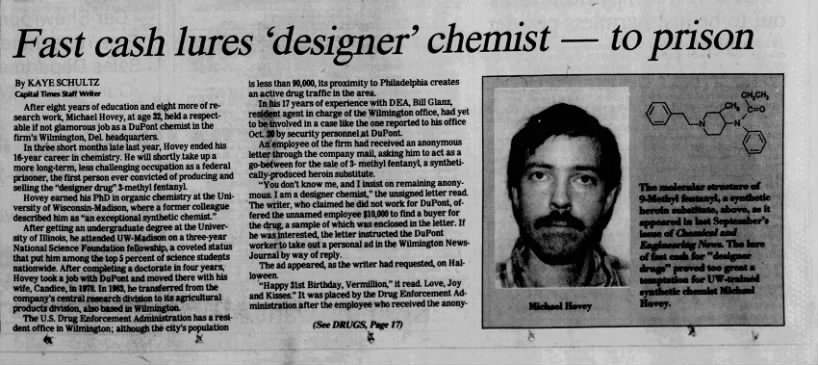Lots of animals barter and steal and fight, humans are not even very good at it compared to most creatures, but the anthropological consensus is that humans are the only species to understand 'money.' Money is a token whose actual value may be negligible but with intangible value that is not only agreed upon by a larger community, it is fungible. It can be traded for many goods.(1)
On June 7th, 2005, a paper was published that brought together understanding of money in capuchin monkeys and, unwittingly, the first scientifically known case of monkey prostitution.
Capuchin monkeys are good subjects for papers on trade because they are walking libidos, "a bottomless pit of want" that basically only think about food and sex.
Thanks to capuchin monkeys, it is easy to see why communism fails and socialism fails slower; when one monkey works to provide food, not only will the others let it happen, 70% of the time the freeloaders won't even say thank you. Maybe the economic parasites expected servitude from the lower classes, they convinced themselves they were born progressive monkey elites or something, it's difficult to know. The monkeys showed that gambling is irrational, which is why all economic models except 'get out of the way in trade' fail.(2) They seem to understand price changes, like when the number of tokens it took to get Jell-O or grapes was modified.

This is the boring economics part. The real fascination is two paragraphs more.
The really fascinating result was not in the paper because it was not part of the experiment, and would probably only have passed an Ethics Review Board in France.(3) It was disclosed when the authors of "Freakonomics", Stephen J. Dubner and Steven D. Levitt, spoke with Yale economist Keith Chen about their work.
They asked if he thought they really understood money or their desire to eat non-stop just led to cool tricks that looked like science. That's when Chen explained that, outside the bounds of the experiment, they witnessed one monkey giving another monkey a token in return for a sexual favor. Then the monkey that received the token traded it for a grape.
They understood money all right. They understood it real good. Our common ancestors may have understood it long before we did. Commerce always finds a way.
You win again, Adam Smith.
NOTES:
(1) Fungible is why people who predict a societal collapse and hoard gold make no sense. Gold is just another token, and it is heavy. In a baser world only barter matters. DuPont organic chemist Michael Hovey wanted to avoid money but believed the end of civilization was coming so he made a batch of 3-methylfentanyl in his lab. It wasn't a lot, about 8 ounces, but virtual street value was estimated at $112 million. He wanted to sell it, buy gold, retreat into the mountains, and ride the apocalypse out. He didn't know any drug dealers so began asking around and the FBI caught him.

Capture: Newspapers.com
He didn't realize gold has no actual value. In a world of collapse where cancer and injury still happen, the value would be in painkillers. A ton of gold would've only been valuable to people who like the color. He'd have been smarter carrying around his coffee cup size amount of 3-methylfentanyl and trading it by the milligram to people in need.
(2) Monkeys in one experiment were given a grape but then by coin flip given a second one or nothing. In the second experiment they were given two grapes and could choose a coin flip to keep both or lose one. The monkeys wanted to gamble on a gain rather than a loss even though the odds were identical, but rational creatures, including humans, should not care. That is why if you go to Las Vegas to gamble and expect to win rather than just have fun, you are the dumbest primate out there.
(3) In France, anything goes if it will undermine science. French scholar Gilles-Eric Seralini was so determined to manufacture cancer in rats using the weedkiller glyphosate that he picked a breed of rats known to get cancer and then kept them alive far beyond what is considered humane so they would get cancer and die. Then he could blame science. And did. Environmental lawyers still claim his research was valid despite it being retracted after outcry from us and others.



Comments